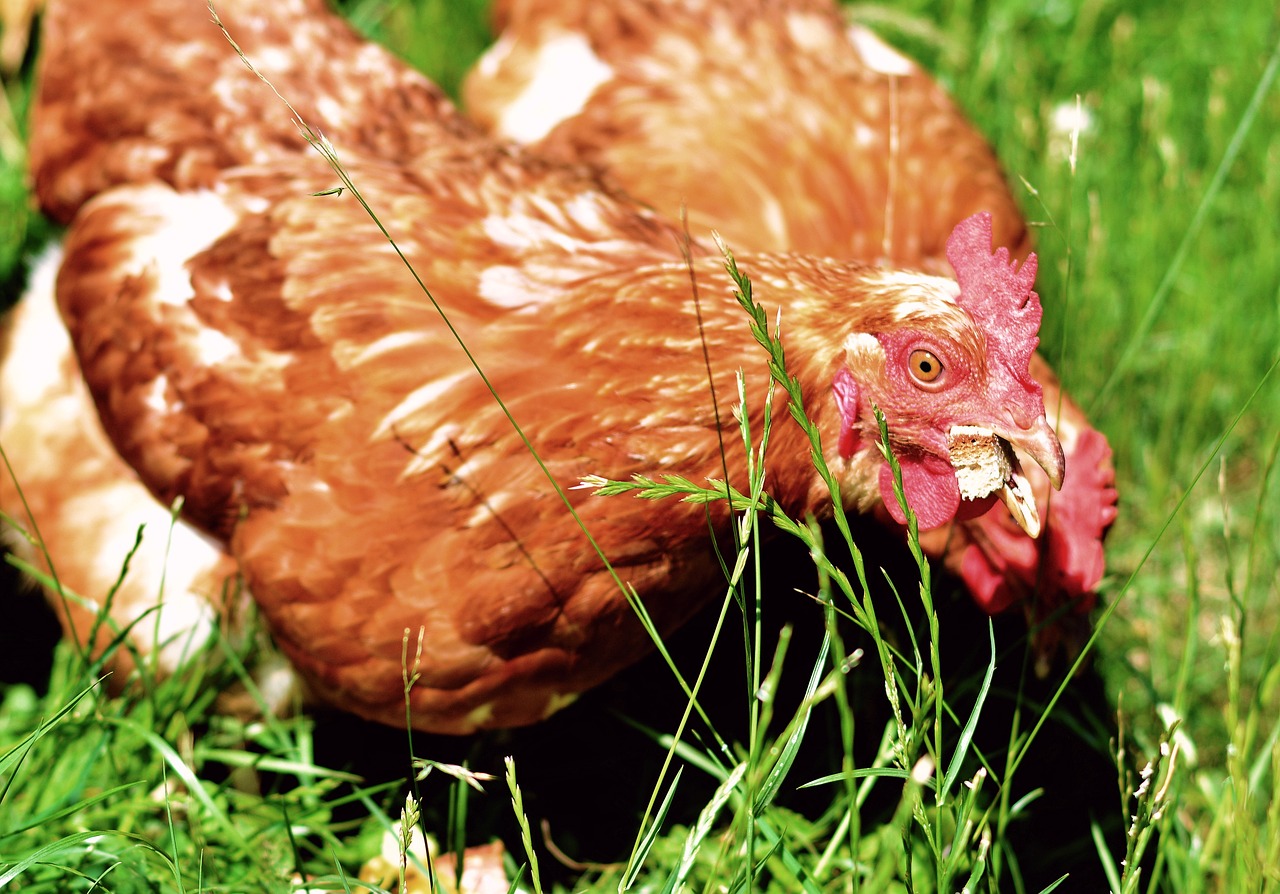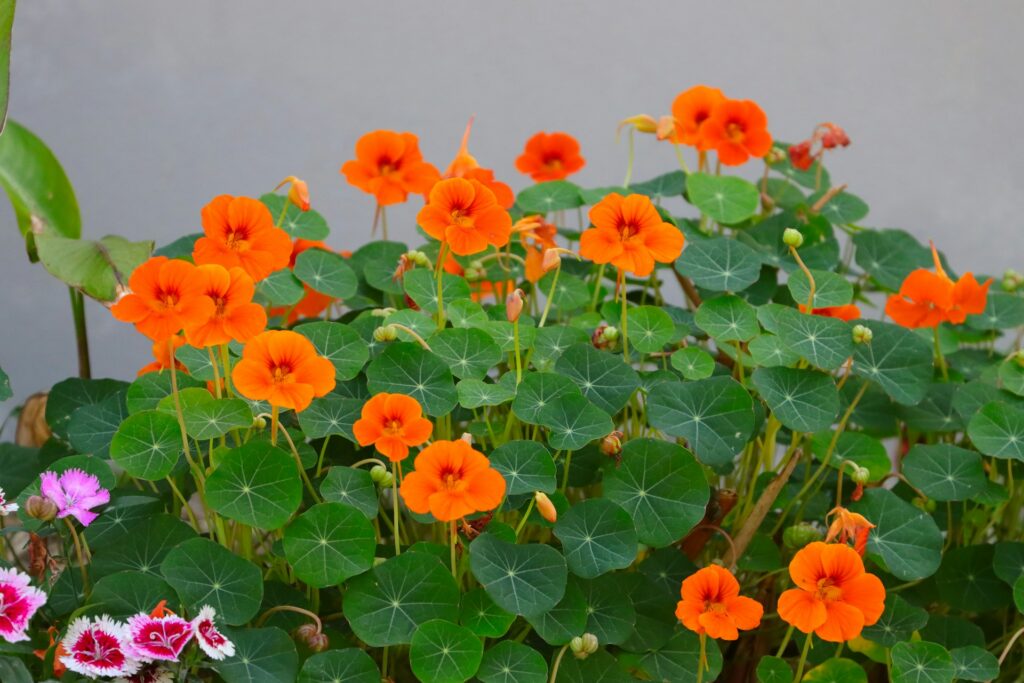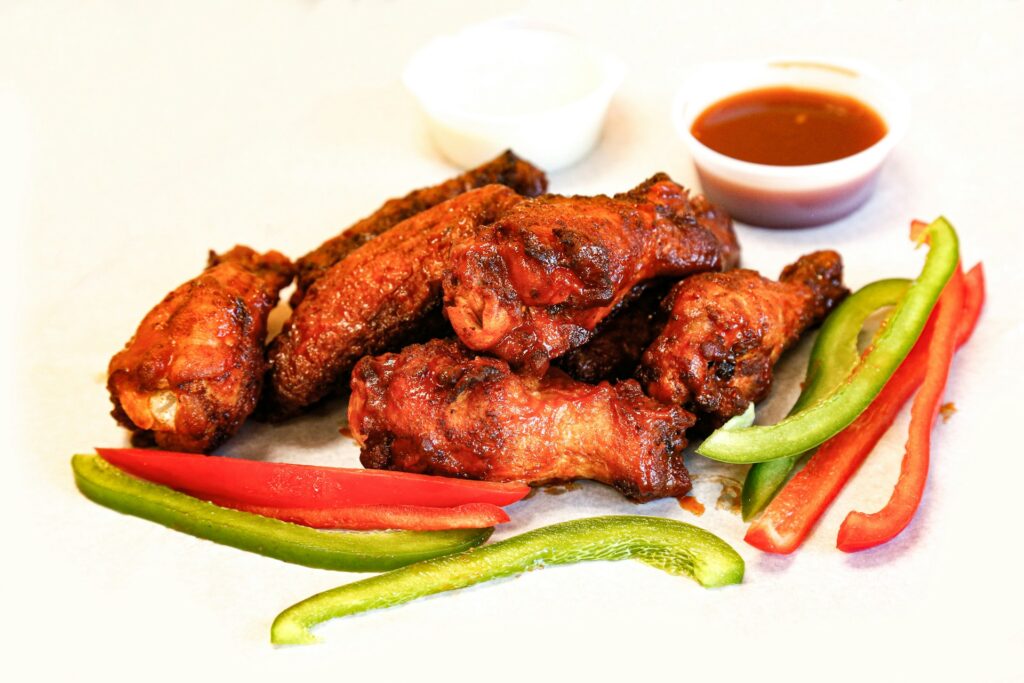
As the mercury dips and frost begins to coat the morning grass, chicken keepers face a seasonal adversary: freezing temperatures that can turn a simple necessity like chicken water into a solid block of ice. In this article, we’re diving into the challenge of keeping your flock’s water liquid and accessible, ensuring that your chickens stay hydrated even when the winter is at its harshest. Discover why this read is invaluable – from safeguarding your poultry’s health to maintaining a steady supply of fresh eggs daily, we’ve got the insights and tips you need to prevent freeze-ups in your coop.
1. Why Is It Important to Keep Chicken Water from Freezing?
Chickens, like all living creatures, need a constant supply of fresh water to stay healthy. When water sources freeze, chickens are unable to drink, which can lead to dehydration, decreased egg production, and even illness. Keeping chicken water from freezing is not just a matter of convenience; it’s a critical aspect of winter poultry care. By finding an effective way to keep waterers thawed, you ensure your chickens have access to the water they need to thrive all winter long.
2. What Happens If Chickens Don’t Have Access to Unfrozen Water?
Without access to drink water, chickens can become stressed, which negatively impacts their immune system. In the short term, a lack of water can cause a drop in egg production, but prolonged deprivation can lead to more severe health issues. It’s essential to keep your chickens’ water from freezing to maintain their well-being and ensure a consistent supply of fresh eggs daily.
3. Exploring the Science: Why Does Water Freeze?
Understanding the freezing point of water is key to preventing it from turning into ice. Water freezes at 0 degrees Celsius (32 degrees Fahrenheit), but various factors can affect this, such as the presence of impurities or a lower freezing point due to the addition of substances like salt. By knowing what causes water to freeze, chicken keepers can employ strategies to keep the water above freezing temperatures or at least slow down the freezing process.
4. The Role of the Chicken Coop in Water Temperature
The coop plays a significant role in regulating the temperature of chicken water. A well-insulated coop can help keep the water from freezing by maintaining a more stable temperature inside. However, it’s not just about insulation; ventilation is also crucial. Proper airflow prevents moisture buildup, which can contribute to lower temperatures and increase the risk of freezing. It’s a delicate balance to strike, but with the right coop setup, you can create an environment that helps keep water from freezing.
5. Innovative Chicken Waterers to Keep Water from Freezing
There are various chicken waterers designed to keep water from freezing. Some use electricity to warm the water, while others are built to insulate and prevent freezing without additional heat. Heated waterers are a reliable way to keep your chickens’ water from freezing, but they do require access to electricity in the coop. Non-electric options, such as waterers with built-in insulation or those that use solar energy, can be effective as well. The key is to find a waterer that suits your coop’s setup and your flock’s needs.
6. Is Electricity Needed to Keep Chicken Water Unfrozen?
While electricity can be a straightforward solution to prevent chicken water from freezing, it’s not the only method. There are alternative ways to keep water liquid, such as using thermal mass by placing large, black containers filled with water inside the coop to absorb and release heat. Another method is to frequently replace the water with warmer water throughout the day. However, for those who prefer the convenience and reliability of electric waterers, they can be an excellent investment to ensure a constant supply of unfrozen water.
7. Salt Water Solutions: Can They Prevent Freeze?
Adding salt to water lowers its freezing point, a concept known as freezing point depression. By placing a bottle of salt water inside the water container, the saltwater, which has a lower freezing point, can help prevent the surrounding fresh water from freezing. This method is a simple and cost-effective way to keep chicken water from freezing, but it’s important to ensure that the salt water doesn’t mix with the chickens’ drinking water, as high salt intake is harmful to poultry.
8. Keeping Water Moving: Does It Help Prevent Freezing?
Yes, keeping water moving can help prevent it from freezing. Moving water requires a lower temperature to freeze compared to still water because the constant motion makes it more difficult for ice crystals to form. This can be achieved by using water circulators or creating a water movement system. However, these solutions often require electricity, so they might not be suitable for all chicken keepers. It’s also important to use these devices safely to avoid any accidents within the coop.
9. Winter Chicken Keeping: How Often Should You Replace the Water?
During the winter months, it’s important to check and replace the water in your chicken coop multiple times a day to prevent it from freezing. The frequency will depend on the outside temperature and the effectiveness of your chosen method to keep the water from freezing. On particularly cold days, you may find that you need to replace the water every few hours to ensure it stays liquid.
10. Chicken Water Heating: What Are the Safe Options?
When it comes to heating chicken water, safety is paramount. There are several safe options for chicken water heating, including electric water heaters designed specifically for poultry waterers. These devices are built to maintain water temperatures just above the freezing point to prevent ice formation. It’s crucial to follow the manufacturer’s instructions and take all necessary precautions to avoid any fire hazards or injuries to your chickens.
Summary of Key Points to Remember:
- Dehydration in chickens can lead to health issues and reduced egg production, so keeping their water unfrozen is essential.
- Insulation and ventilation in the coop can help regulate temperature and reduce the risk of water freezing.
- There are a variety of chicken waterers available, both electric and non-electric, to prevent freezing.
- Frequent replacement of the water with warmer water can be an alternative to using electricity.
- Salt water bottles can be used to lower the freezing point of the surrounding water, but they must not mix with the drinking water.
- Water movement systems can prevent freezing, but they usually require an electric source.
- In winter, water may need to be replaced several times a day, depending on the temperature and the effectiveness of your anti-freezing method.
- Electric water heaters are a safe and reliable way to keep chicken water from freezing, as long as they are used correctly and safely.
By taking these methods to heart and applying them to your chicken keeping practices, you can ensure that your flock has access to fresh, liquid water throughout the coldest months. Remember, a hydrated chicken is a happy chicken, and happy chickens lay plenty of fresh eggs daily. Stay vigilant against the freeze, and your poultry will thank you all winter long.




